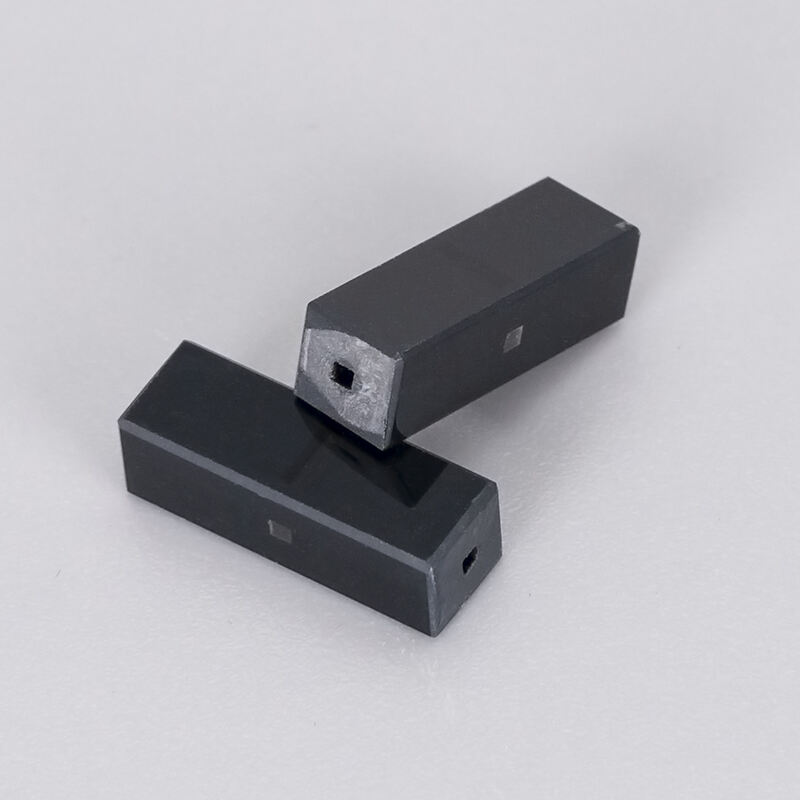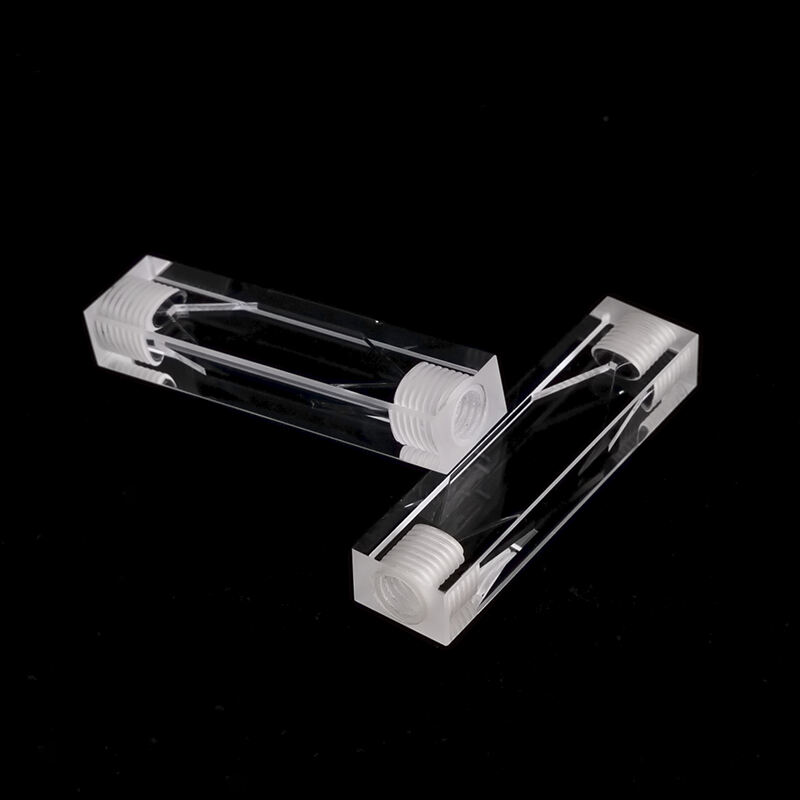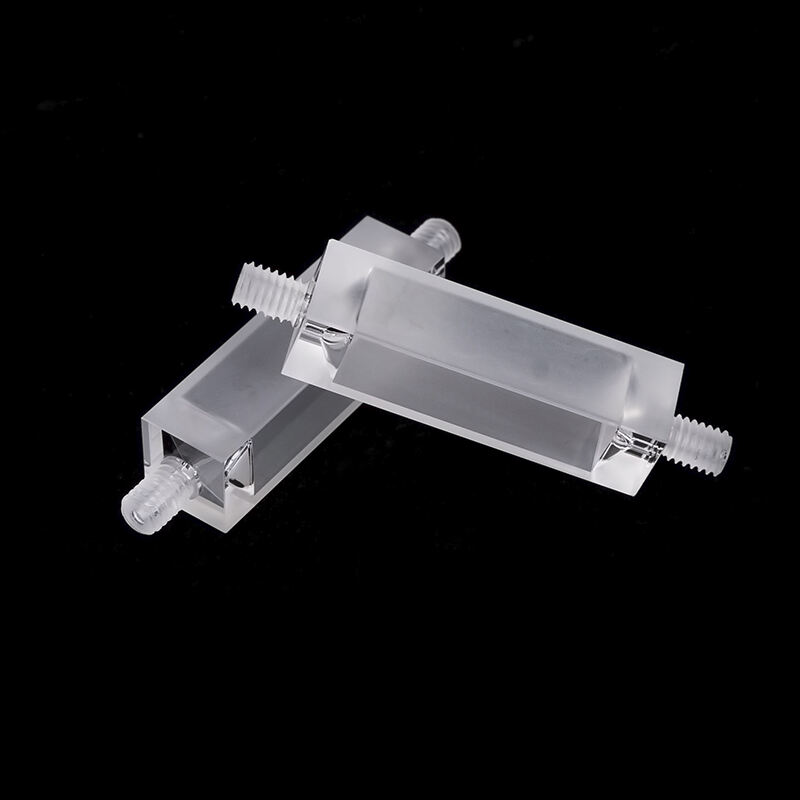A glass flow cell is a very useful tool in science experiments. Scientists employ this to investigate liquids and their behaviors, as they function under various conditions. Glass as the construction material of flow cells is a robust material. This is what makes them great for all kinds of experiments. Its strength means it can take a lot of punishment without cracking, making it a good choice for scientists. There are several significant advantages to using glass cuvettes. First, glass is very strong, and they allow researchers to take very accurate measurements. When scientists are running experiments, they want to know precisely what is going on. Glass never rusts or reacts with most chemicals, making it a safe and reliable material for experiments. Moreover, with glass flow cells, clarity and transparency are also evident. This means researchers can easily watch what is happening inside the cell. The transparency of glass allows scientists to observe how liquids behave and how they respond to environmental changes.
Researchers use glass cuvette to see liquids as cleaрly as possible. That visibility makes them able to do their experiments significantly more quickly and more effectively.” They can see all this clearly so they do not waste time trying to guess what's going on inside the cell. This opportunity to look closely enables scientists to complete their experiments faster and more accurately. When the researchers can visualize the liquids getting heavier and heavier, they can make more informed decisions during their experiments and, ultimately, gain a more thorough understanding of the results.

cuvette glass used in research enable scientists to control the conditions of the liquids they study. That lets them adjust key parameters such as temperature and pressure to keep the liquid in optimal state for analysis. Unlike any other liquid, so being able to control the factors mentioned above is critical to obtain useful results. Researchers, for example, might want to investigate how a liquid reacts at various temperatures, so they could vary the heat in the glass flow cell to determine its behavior. Consequently, they can collect very valuable data and insights.

Glass flow cells are also pivotal to advancing medicine today. Precision medicine is a new approach to treating people that accounts for their individual genes, habits and environments. It allows researchers to better understand how different medications impact the human body through the use of quartz glass cuvette. Knowing this information allows them to write each patient a tailored treatment plan, customized to work best for that specific person. How a person’s individual biology interacts with treatments is key to delivering the best possible care.

Medical research isn't the only place where glass flow cells are significant. They are utilized in a variety of industries. In the oil and gas field, glass flow cells are used in studying liquid flow in the pipelines. This aids engineers and scientists in making safer pipelines and preventing accidents. In the food and beverage sectors, researchers investigate liquids such as juice and milk using glass flow cells. This means that the research helps optimize the manufacturing of such products to ensure that they are safe and of a high quality for the consumer.
Jinko Optics can provide fully customized solutions for the specific needs of different industries and customers. Whether it is drawings and samples provided by customers or personalized needs for special application scenarios, Jinko Optics can accurately design and produce optical components that meet the requirements. This flexible customization capability is particularly suitable for the precise needs of scientific research institutions, laboratories and specific industries. In addition, the company's rapid response to market changes and customer needs can ensure that customers always get the latest and most suitable technical support and products.
As the drafting unit of the national standard for cuvettes, Jinko Optics has very high standards for product quality. Every cuvette and optical component produced by the company follows the ISO9001:2016 standard, strictly controls every link in the production process, from the selection of raw materials to the factory inspection of finished products, to ensure that every product meets high quality requirements. In addition, it has 6 invention patents and 16 utility model patents, reflecting the company's continued investment in technological innovation and process optimization, so that the products not only have excellent performance, but also have unique market competitiveness.
Jinko Optics is committed to providing customers with high-quality products with high cost performance. By optimizing production processes and management processes and reducing production costs, the company can provide more favorable prices while ensuring the excellent performance of products in quality and function. In addition to the excellent quality of the products themselves, the company also pays special attention to after-sales service, providing timely technical support and professional solutions to ensure that problems encountered by customers during use are quickly resolved. This customer-oriented service concept enables Jinko Optics to stand out in the fiercely competitive market and win the trust and praise of a wide range of customers.
With more than 50 years of R&D and manufacturing experience, Jinko Optics has accumulated rich technical and practical knowledge in the field of spectral accessories. For a long time, focusing on the research and development of core products such as cuvettes, flow cells, optical components, and vapor cells has not only improved the company's technical position in the industry, but also enabled the company to quickly respond to various complex application requirements. The accumulation over the years has helped the company to continue to innovate and always be at the forefront of the industry.